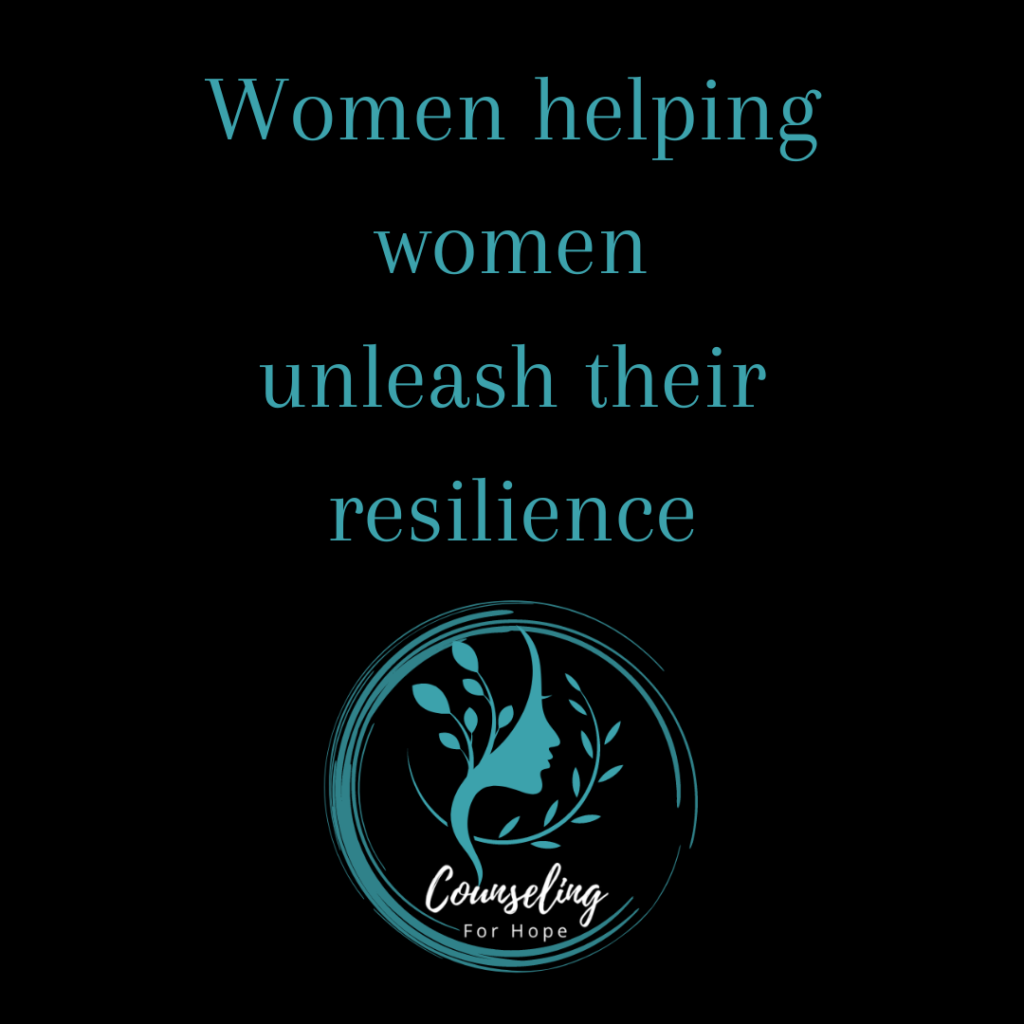How to Find Peace Amidst the Chaos of the Season using Mindfulness
When I was younger, I remember the child-like awe I experienced when playing with a snow globe. It was exciting to shake it up and watch the snow settle.
The Christmas season, while joyous and exciting, comes with its own set of challenges and chaos. Between the hustle and bustle of holiday preparations and the pressure to create perfect memories, it’s easy to feel overwhelmed.
Alongside these merry events, life’s struggles do not go on Christmas break. We are left to navigate the balance of holiday cheer and major disappointments. Amid the chaos, practicing mindfulness becomes a valuable tool for maintaining inner peace and releasing stress.
Mindfulness offers a way to ground ourselves, bringing our attention back to the present moment. During these moments we can create a sense of gratitude and calm.

The Snow Globe Technique:
One mindfulness technique that can be helpful during the Christmas rush is the Snow Globe Technique. It sounds fitting, don’t you think? Just as a snow globe settles when you place it down, this technique encourages you to find calm amid the flurry of holiday commotion. This can be used with or without Christian principles. Practice what suits you best.
1. Prepare:
- Find a quiet space away from the chaos. If you desire, begin with a prayer, seeking Christ’s presence in your quiet space. Invite the Holy Spirit to guide your mindfulness practice.
- Sit comfortably and take a few deep breaths to center yourself.
2. Visualize:
- Close your eyes and imagine yourself inside a snow globe. Give your head a little “shake” and imagine gentle snowflakes falling around you, creating a serene atmosphere.
- Envision the snowflakes to be promises of peace from God. Embrace the imagery of His peace settling in your heart.
3. Breathe and Relax:
- Focus on your breath, inhaling slowly through your nose.
- Picture the snowflakes settling as you exhale, releasing tension and stress.
- You can also focus on your breath as a reminder of God’s sustaining grace. Inhale the assurance of His love, and exhale any stress or worries.
4. Stay Present:
- Keep your attention on your breath and the calming snow globe visualization. Allow yourself to stay in this moment for as long as you need.
- Draw closer to Christ. Reflect on the profound peace that Jesus brings, surpassing all understanding.
5. Appreciate:
- When you’re ready, slowly open your eyes and take a moment to appreciate the sense of calm and peace you’ve created.
- Thank God for the gift of His Son and the peace found in Him in a world full of chaos.
Mindfulness is not one technique done randomly. It involves being present in each activity: watching a Christmas play, drinking hot cocoa, laughing with others or remembering a loved one, being generous to those in need, and managing disappointments.
Mindfulness helps us connect with the true meaning of Christmas, appreciate the joy in simple moments, and being compassionate to others.
Some additional tips for mindful living during Christmas are:
1. Set realistic expectations: Embrace the imperfections and focus on the joy of the season
2. Cherish Moments: Slow down to enjoy the little moments, from baking Christmas cookies to decorating the tree
3. Digital Detox: Take breaks from screens to be fully present with those around you.
4. Express Gratitude: Reflect on the blessings of the season and express gratitude.
5. Prioritize Self-Care: Ensure you’re taking time for self-care amidst the busyness of life.
In the Christmas chaos, mindfulness becomes a guiding light, helping us navigate the season with grace and gratitude. The Snow Globe Technique is a simple yet powerful example of how a few moments of mindfulness can bring peace and calm into the busiest of days.
This Christmas, let’s prioritize the present moment, finding joy in the simple and experiencing the true reason for the season.
Interested in working with me? Contact me to set up a phone consultation.
Ruby Pappachen, MA, LPC






